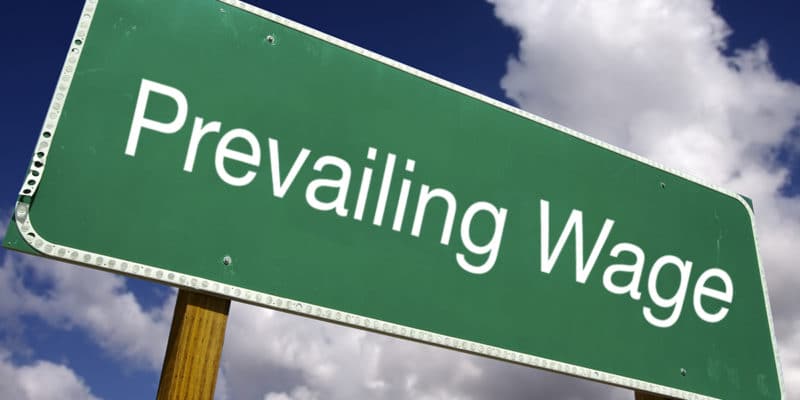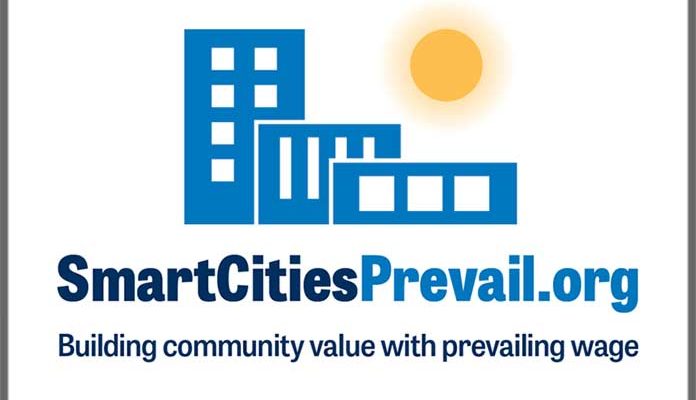Date: July 22, 2018
Author: Philip Joens
Jefferson City and Cole County officials said any savings they incur from a partial repeal to the state’s prevailing wage law likely will be negligible.
Gov. Mike Parson signed House Bill 1729 on July 13, rolling back several provisions of the state’s long-standing prevailing wage law. The changes will take effect Aug. 28.
Most notably, the bill eliminates prevailing wage requirements for projects costing more than $75,000.
Jefferson City Public Works Director Matt Morasch and Cole County Public Works Director Larry Benz said most city and county construction projects cost more than that threshold.
Many city projects, like Jefferson City’s plans to resurface about 60 roads between 2018-20, cost at least $1 million, Morasch said.
“At the city, we do very few that are under $75,000,” Morasch said.
Benz said even simple projects like curb replacements can cost about $100,000. He estimated fewer than 10 percent of Cole County projects cost less than $75,000.
“It may affect some of the smaller (projects),” Benz said, “(like) drop inlets, but most of the time we do that work ourselves.”
Missouri’s prevailing wage law dates back to 1959, and is similar to the federal Davis-Bacon Act of 1931, which requires workers be paid minimum wages on federal construction projects.
Under existing law, the state compares the number of hours worked in each county at the collectively bargained rate and the rate non-union contractors pay. The rate with the most hours worked each year prevails and becomes the prevailing wage for each skill set and occupation in each county.
Under the new law, at least 1,000 hours of work in a given county and job category must be reported to the state for the previous year for the prevailing wage rate to apply. If that does not happen, a contracting minimum wage defined as 120 percent of a county’s average wage will be paid to construction workers.
HB 1729 also exempts all public works projects costing less than $10,000 from competitive bid requirements. This provision and the $75,000 threshold appear to attempt to distinguish between construction projects and maintenance projects.









